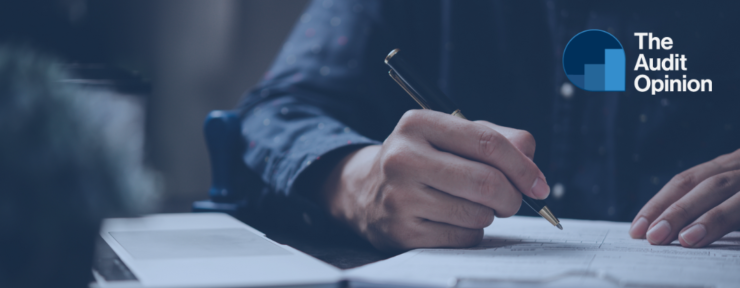News

Blog
Inflo US and PCAOB audit content packs pass quality control examinations
Event

In Person Event
Inflo at ENGAGE 2025
News

Blog
A modern fable for future-ready leaders
Resources

Books
The Creek Way
Event

On-demand Webinar
Embracing the New Era of Audit with Trullion and Inflo
News

Blog
Expert advice on upgrading to Inflo Workpapers
Event

Event Recording
The CIO Perspective: Driving Innovation
News

Blog
Say goodbye to the 90s with modern audit technology
News

Blog

